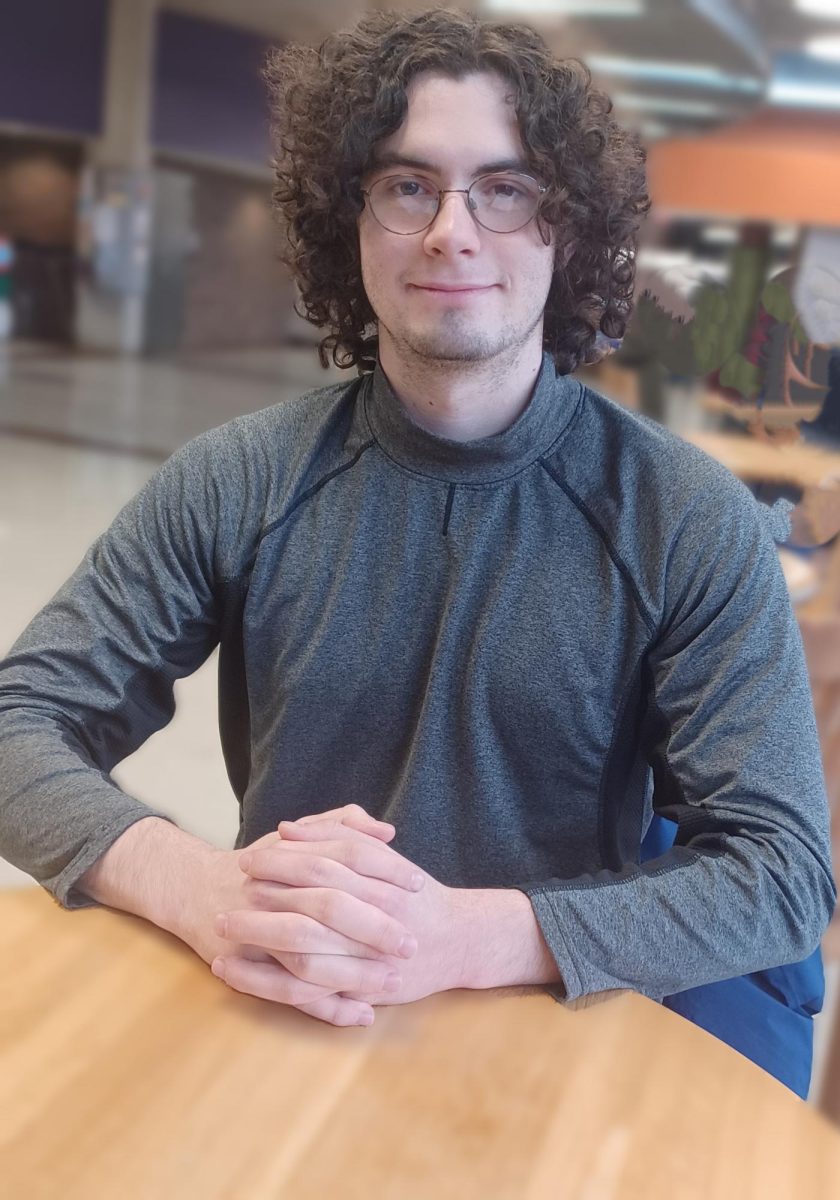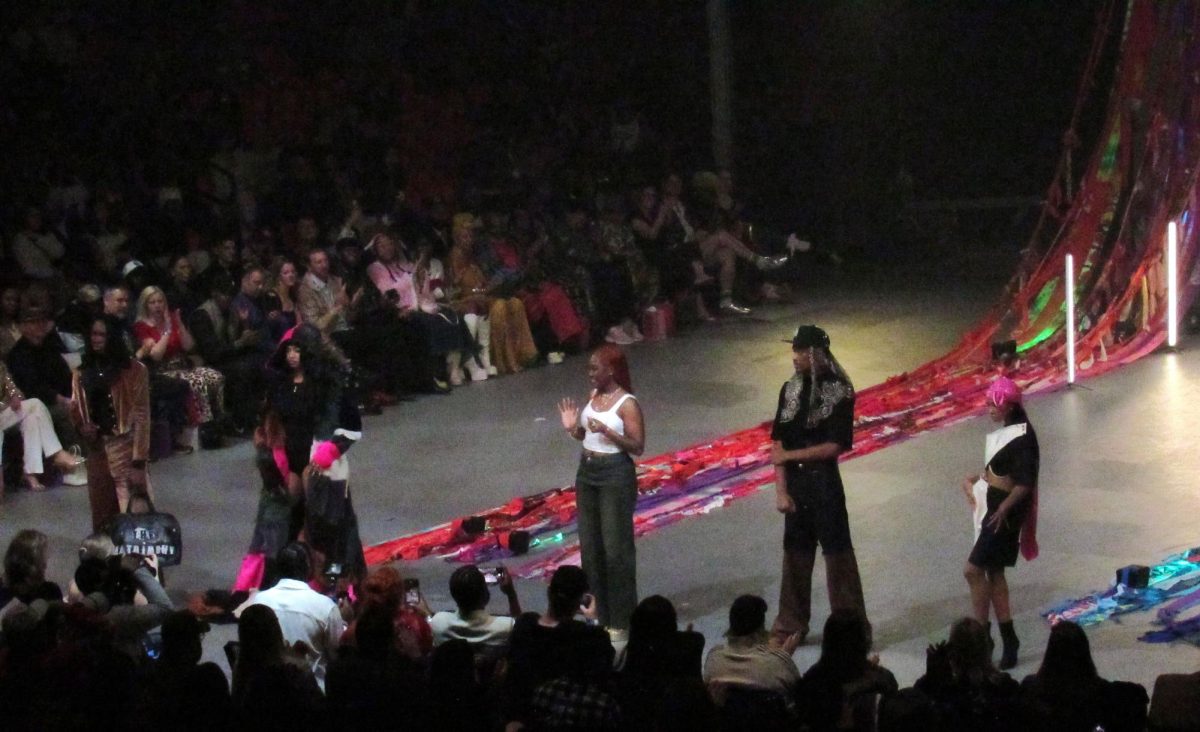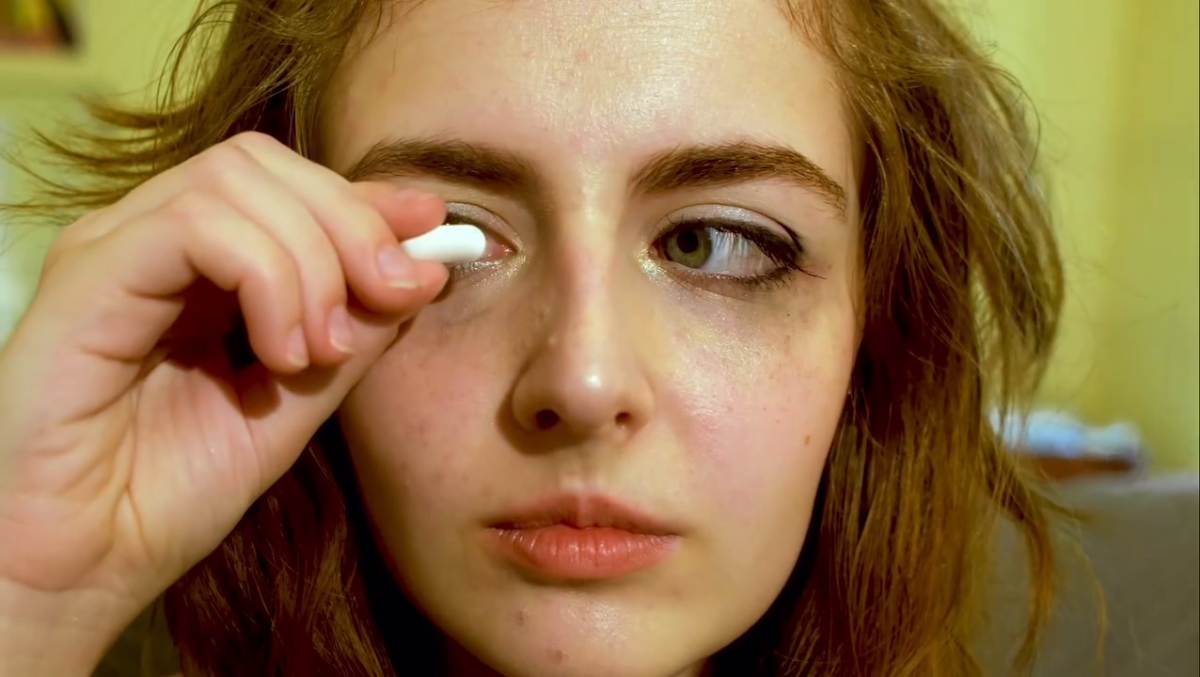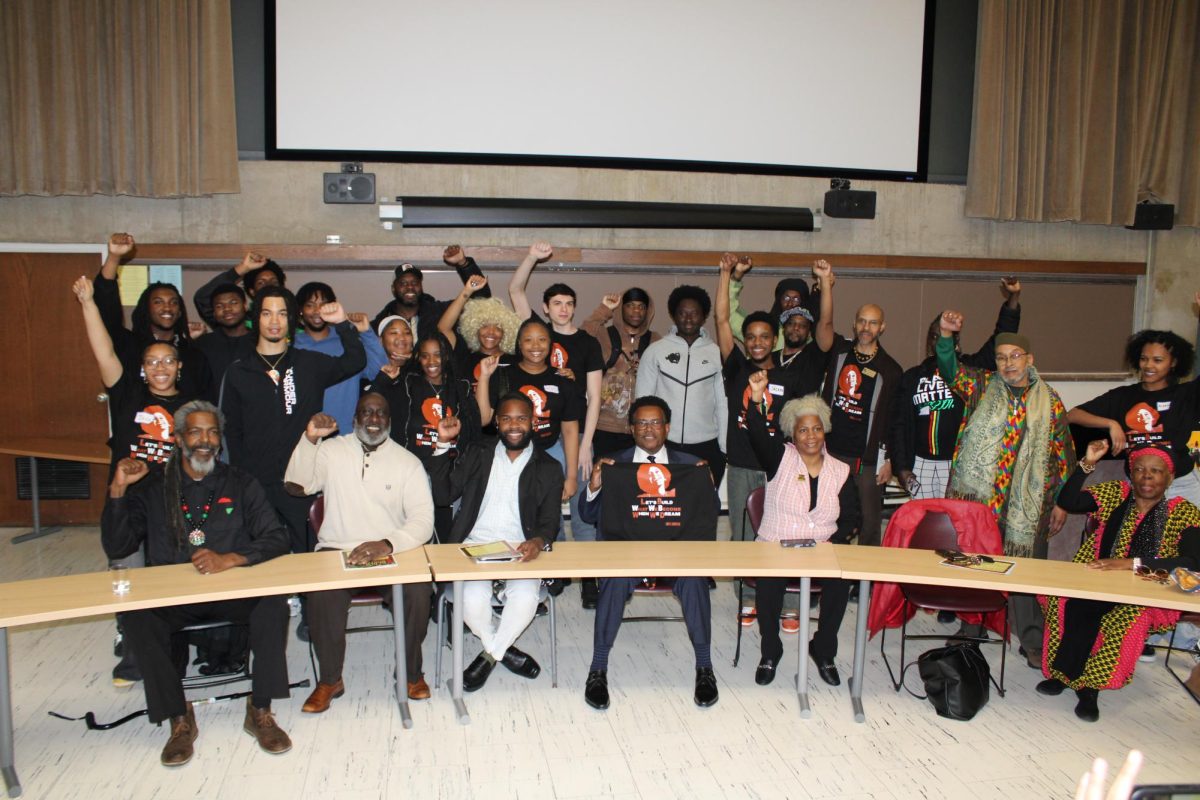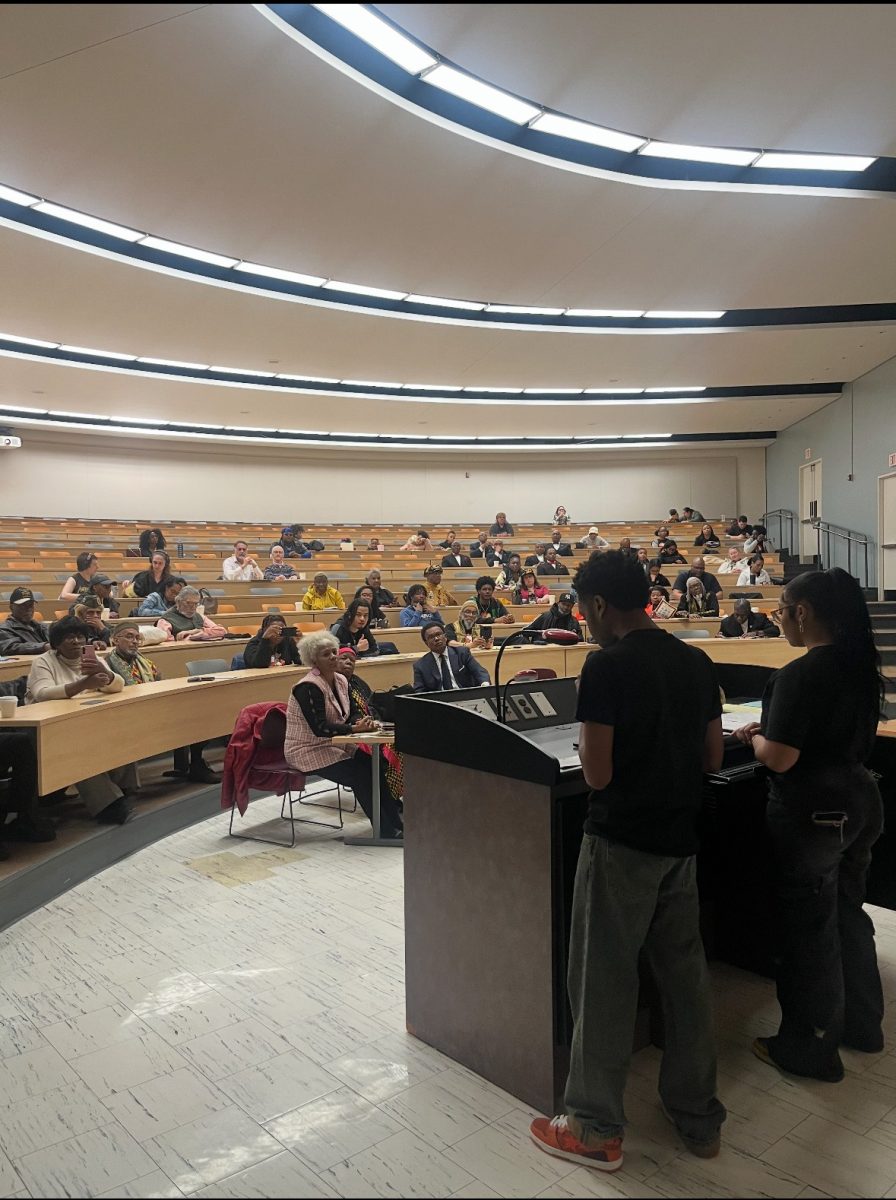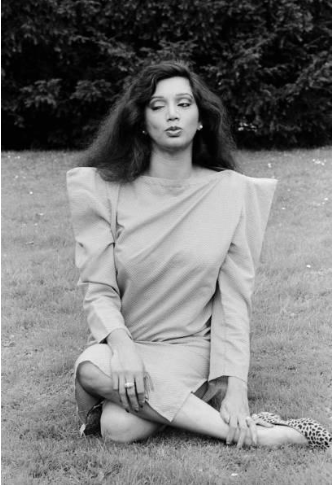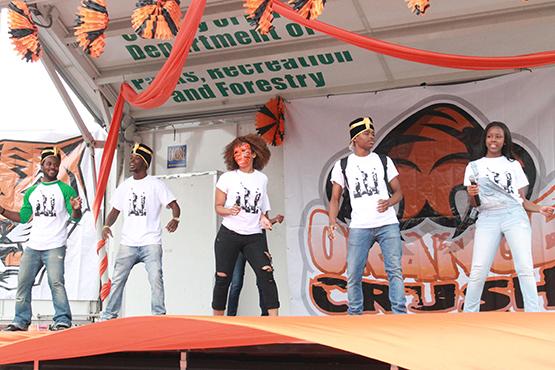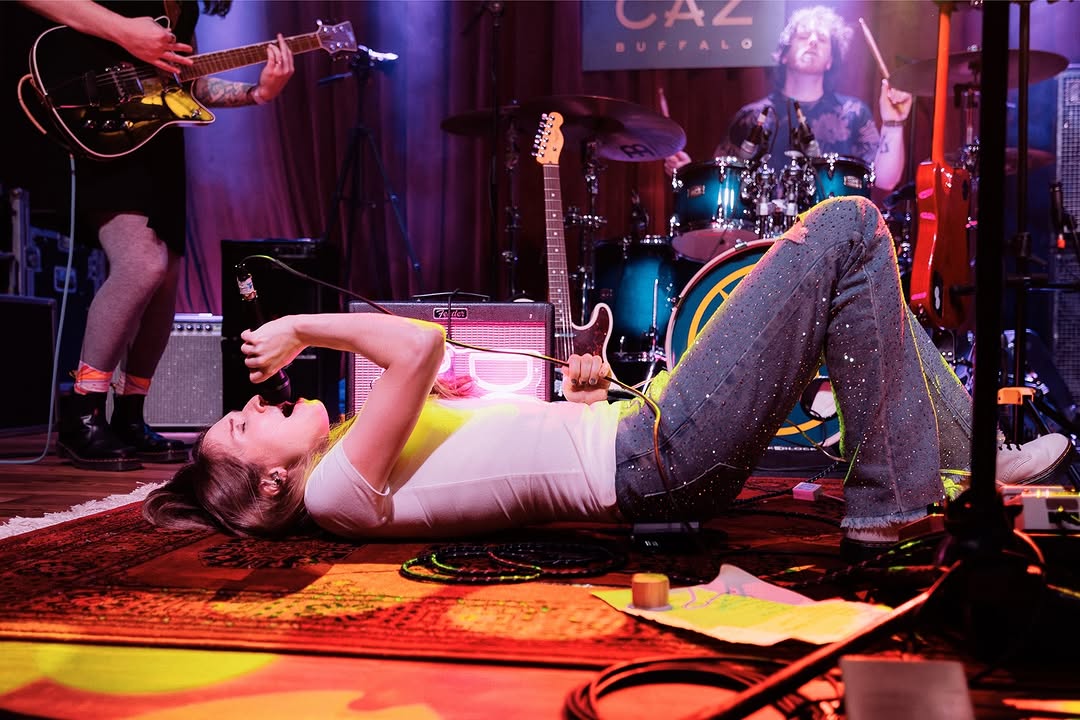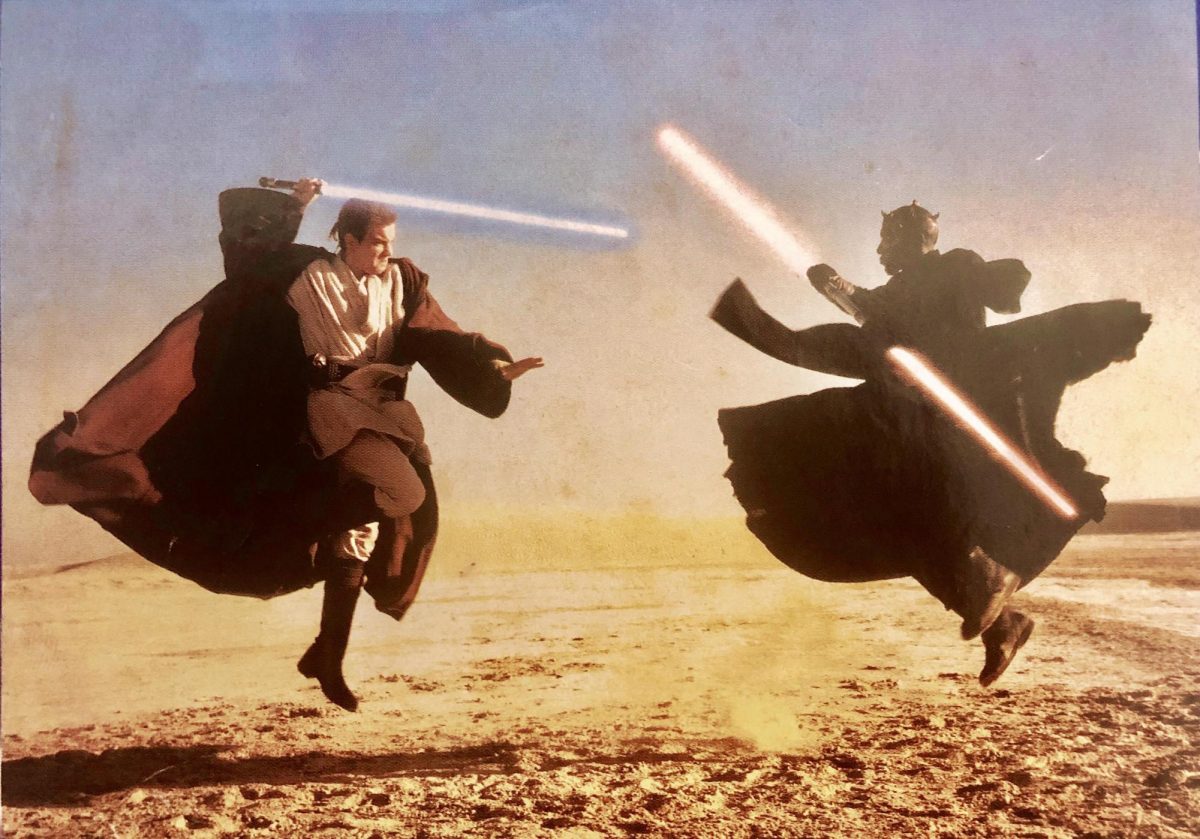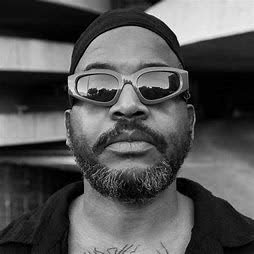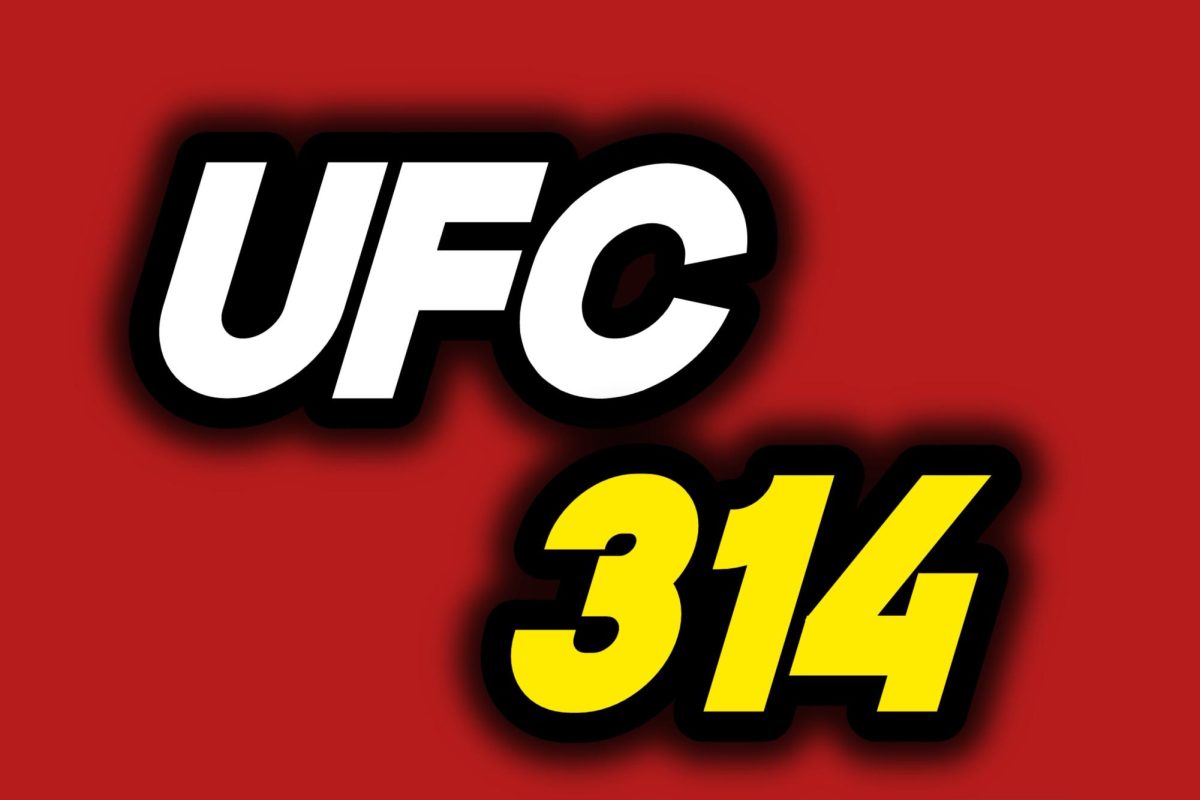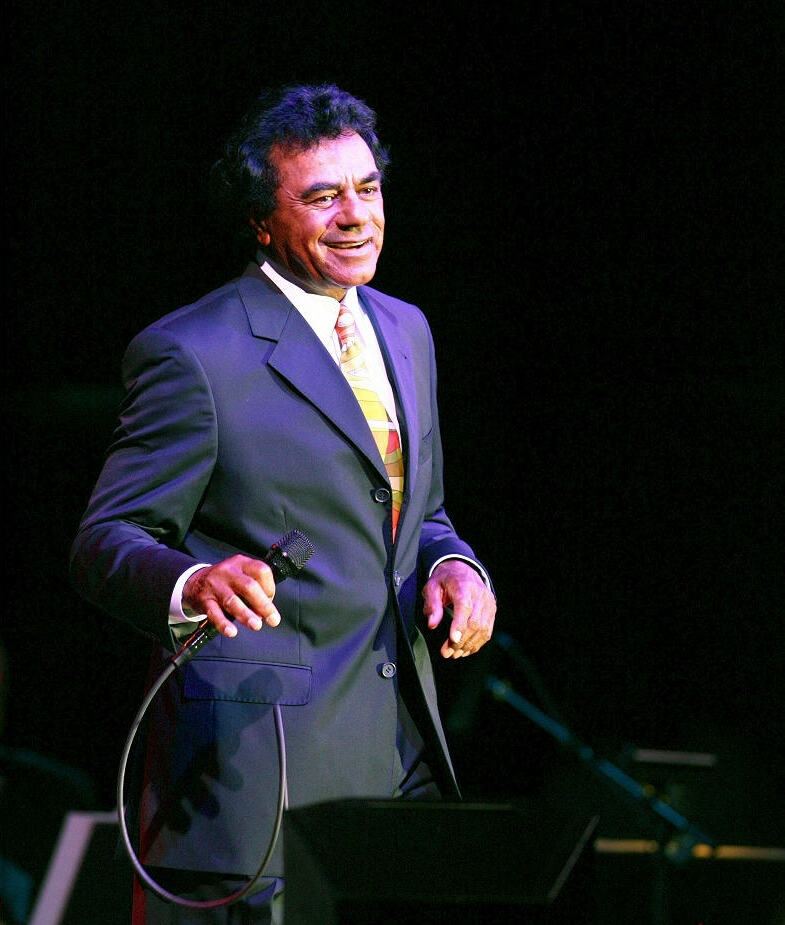What is justice?
What is fairness?
In a quest to tap into the depths of United Students Government (USG), through a lens never-seen-before, we enter the realm of the USG Judicial Council. The Judicial Council is tasked with upholding the Constitution through oversight and review of the legislative and constitutional actions of the USG Senate and the Executive branch.
USG Chief Justice Evan Maher leads the Judicial Council. What does his position entail? Is the position merely an attempt to find out how many injunctions one can issue in one semester, or perhaps, to be part of a group who competes to issue the most sanctions or injunctions?
Maher, who is currently majoring in International Relations, provides an insight into his perspective in relation to the notion of justice and details the thought processes behind rendering decisions within the USG Judicial Council.
The interview was slightly edited to increase clarity and brevity.
Tell me about a specific action USG Judicial Council took in 2023 behind the scenes that students might not know about.
I’m going to spare some of the details for the sake of anonymity. This has happened a few times. We’ll have a case come in where someone will file a grievance, and it’s not quite grievance-level material per se. It may be an issue that someone has, but it’s not something that the USG Judicial Council would typically handle. To address those, it’s either an easy fix that doesn’t really require a hearing, so it’s kind of just a few emails passed back and forth and then the problem is fixed. We had one recently where it was more of a personal issue that someone had with someone else, and I did not feel that USG Judicial Council needed to get involved. I feel like that was unprofessional.
As the USG Chief Justice, what is one of the most challenging aspects of your position?
I would say that it is finding a verdict. Sometimes, verdicts are straightforward; with some of the cases that we’re used to, we already know what to do. If there’s an unusual case where the verdict might not be so clear, it can be challenging, especially when you’re trying to find some form of common ground between the two groups of people that’s in line with the USG Constitution.
What drew you to the position of USG Chief Justice?
So, I had a friend who has since graduated from here. He was in student government as well. In 2022, we still didn’t have a judicial branch since COVID. We just hadn’t had anyone in judicial, so it was non-existent. My friend was the Vice president and working in the Assistant Vice President positions. He told me about USG and asked if I was interested. I thought, I’ll see what they got. I thought that this position seemed interesting, so I went with it.
Relevance to Major?
My major is International Relations, which is a subset of political science. It can be relevant because it’s political in nature. With my major, I don’t plan on getting into a law field specifically with it. But there is a lot of overlap between some of the stuff I learned in classes. A lot of the people that I know from Polisi who are going to law out, there’s a lot of overlap between them and what I do with the Judicial Council.
Intergovernmental relations entail, simply put, the relationships and dynamics among governmental branches and agencies. In terms of student government, as the USG Chief Justice, how do you ascertain a strong relationship among the Senate, the Executive Branch, and Judicial Council? As the USG Chief Justice, what challenges, if any, do you encounter with maintaining effective and communicative relationships among the branches?
With the Executive Board, we work in the same offices; I see them a lot during my office hours. Sometimes, if they need help with an event, I’ll help them out if I’m available. There is some crossover between the branches. Occasionally, if there’s a minor task that needs to be done and they can’t get to it, they’ll ask me. For example, last year, I actually got to attend a meeting with the sports directors of the school, which was a very cool opportunity. It’s not usually that exciting, though. Usually, it’s something small like hanging up posters, whatnot.
Also, one representative from the Judicial Branch is supposed to attend the Senate Meetings as well, which helps one get to know the Senate as well as the E-board. Hopefully, the Senate can put a name to your face.
What does justice mean to you? How do you utilize your perspective regarding the notion of justice in informing your arguments/decisions as the USG Chief Justice, with particular attention paid to Judicial Council hearings?
If I’m in a hearing and I’m trying to figure out what the just decision is, I have to look at the USG Constitution for one. That’s where a lot of the rules come from.
Many times, this doesn’t necessarily cover a specific case, like down to the detail at least. When that comes about, I like to believe that everyone has their own perspective on a conflict and everyone’s perspective is valid unless you’re just straight up lying. I will try to find some form of common ground that aligns with the Constitution and is morally correct and works for as many people as it can. I would say that’s what I would consider justice.
As the USG Chief Justice, how do you approach the Reasonable Person standard when interpreting information related to cases involving legislation, the USG Constitution, and/or bylaws? How do you navigate challenges and assess the degree of fallibility associated with applying this standard, considering the potential of differing interpretations and perspectives?
My philosophy is that generally, where conflicts are involved, I tend to lean towards the idea that the purpose of clubs is to improve student life. During a hearing, if there’s a conflict between two people and although an outcome might seem like a more straightforward option: if it’s going to prevent students from participating in their club and just enjoying their time on campus to an unreasonable extent, I’ll go against that. I do feel that student governments and the judicial branch are here to help, even though we do have to put pressure on clubs sometimes to make the entire system run smoothly. We are here to help clubs provide their members with an optimal college experience.
Thus far, what course would you consider to be your absolute favorite at Buffalo State University? Do explain why.
So, I’ve had a few good ones, but the one that I have enjoyed the most so far: it’s called international relations (PSC 230), and I took it last fall. And it’s taught, at least when I took it, by Dr. Sarwari. It was a really fun course. There was some model UN type stuff and then we also just talked about current events throughout the world and why countries are the way they are. I find that interesting, and I thought it was fun, especially the model UN part. Each of us were able to pick the country, and we simulated the UN. It was a fun 2 weeks where everyone got involved.


